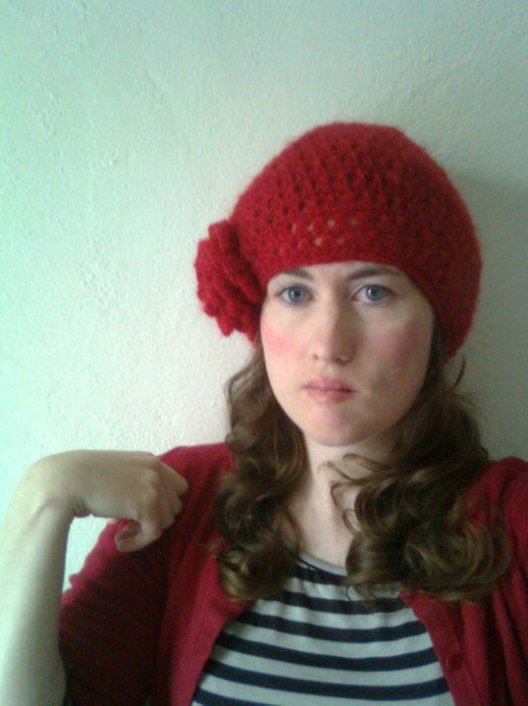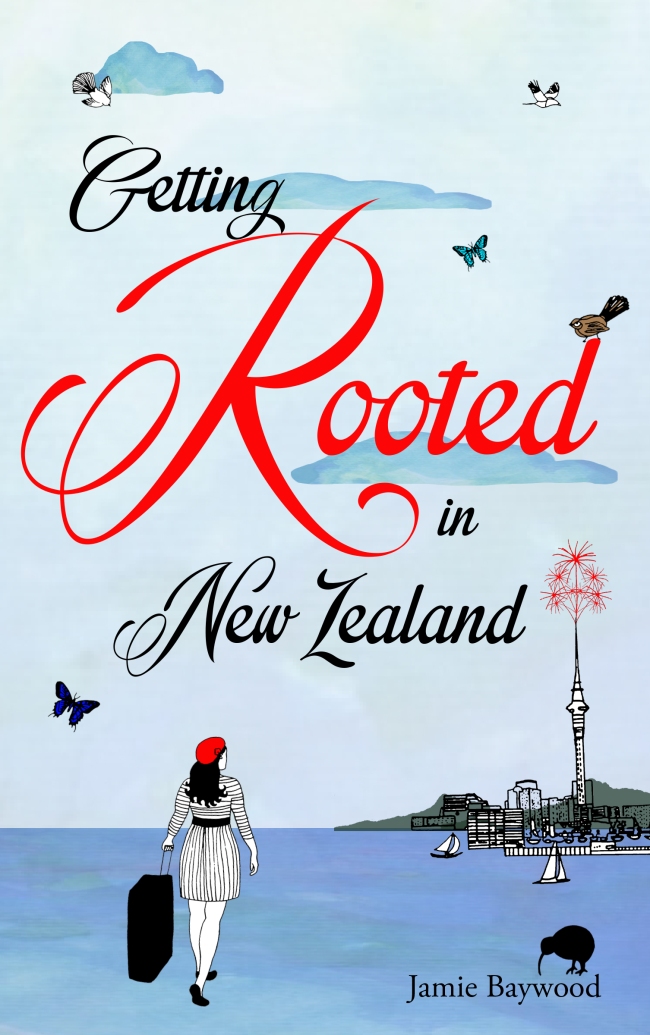Looking around my blogs and other writing activities, the last 12 months were pretty challenging, with a lot of ups and downs, both in terms of writing and reading.
The most important achievement was that I was able to get real money out of writing in English. It was hard, sometimes frustrating and unpleasant - mainly when I had to do with nasty and rude employers or with people that disappeared without paying - but all those small unpleasant details do not matter at all. The news is that I was able to survive for a good couple of months out of my writing job(s). Now, two months after I finally found a good, normal job, doing what I usually do for money - PR and communications consulting - I miss a bit the long writing hours, but I know that I can focus better on specific writing assignments and more focused tasks. Thanks to this new job I do more blogging and I spend more time reading interesting books and trying to find out the best ways for advancing my own writing projects.
Another good news of the last year - that I wanted to write about but got lost into the rush of the last busy weeks of 2012 - was that I was able to use my first $100 out of the sales of a tourist guide I wrote in 2011. It seems as a lot of time since and not too much money - it is an app sold on Apple store at a very low price, that I need to share with the owner of the edition house anyway - but I can hardly describe my happiness when I was announced that there is some cash waiting for me.
Overall, there were modest results, with big perspectives for the coming months, that I see in terms of writing in the following way:
- I will need to continue improving my English skills and most probably will be tempted from time to time to get another writing project that will help me to keep the standards high. Plus, I can thus save money for the next objective. I have a dear academic project of mine ongoing meaning that at least once the month will continue to share my ideas on academic work, but I will need to have a specific contribution at least once the week.
- Continuing to read and watch tutorials about writing. I am looking to enrol in some free classes for creative writing or try to have some savings for 1-2 attending some paid ones. If I want to write a novel - (yes) - I will need more than the basic experience of the reader and book critic.
- More blogging! I contribute with content - and completely for free - to at least six blogs, on different topics: travel, foreign affairs, cooking etc. I already have a long list of topics - from book reviews to daily news - that I should finish writing about in the next days, and this will help me to start anew with my usual schedule of writing, with at least once the day one blog post for one of the blogs. I do not plan to open a new blog this year, just focus better on the branding and quality content of the current consortium! I hope that at the end of the next 6 months to be closer to the dream of getting money out of my blogs. This involves another objective of the year: getting more sponsorships! On a sidenote, I will also need to take a serious photography class as I am not always happy with the quality of my pictures used for the blogs.
- Having a blog, or two, allows to the writer the opportunity of attending various interesting events - online and in real life - and write about it. The last year, I started to use this chance, and went to some professional events, and I have at least one another event scheduled for the beginning of February. My priority will be to set up a schedule of events of interest in the next months and try to get the chance to go there, network and get to know interesting people.
- For my cooking blog, I must take a specific class of food writing. I need to read a lot of similar blogs and try to see the main patterns, as well, and I can do it for free. I write completely by inspiration, with the hunger of sharing a couple of words and ideas. I do not pretend to be a food writer, but I love to write about my food and thus, I should be able to do it professionally. The same should be done for my travel blogs, whose style was improved a lot, but still I need to do more before being considered at least at the bottom of the top writers.
- I plan to have at least one article the month pitched for another blog or media outlet. I do not have nothing in mind for the moment, and I know how difficult pitching may be for me - as a good PR consultant, I am perfect for my customers, but a disaster for me...I need to use more the niche of travel writing and my experiences as an expat.
- I want to launch a new category of writing products: the interviews - with writers, editors, beginner writers, academics, artists. For each blog, I will establish a category of topics and priotities and will try contacting the persons already. I don't dare to try the video option - yet - as I am a terrible camera shy person, but I will try to do it in writing.
- More reviews to be published on Amazon.com or Goodreads or Shelfari, that will allow me to have a certain visibility but also to get in touch with writers.
- Tons of books to be read and reviewed! I gathered over 300 books on my Kindle, another 100 on my wish list and another that I will be tempted to read at the library!
- What's next in terms of writing, though?
There are two big files on my desk: the projects in waiting - for over 12 months, and the fresh new projects.
The projects in waiting are books on various stages of execution that I plan to finish till March - the latest:
1. My PhD book that should be edited, formated for Kindle and EPub, and launched.
2. A children book that is ready but without illustrations.
3. A small book on customer relations, that it is 25% done and can be finished as a draft till the end of the next week.
4. A book on foreign affairs, that I have in my mind for over 2 years, is 15% written but not finished because never thought that I am good enough to do it. I should finish the first draft till the end of February, according to my plan.
5. 2 projects of travel books that clear as projects but need to be started somehow.
6. The most pressing project is a book that should be ready at least by 5th of February, on foreign affairs topics!
For all the current projects I am thinking about self publishing, as I see them not as an opportunity to get money, but as a good promotion for my coming projects.
What I want to start writing once those projects are done is:
1. An academic book in English, with topics related to my PhD
2. A couple of short stories
3. Gathering the material and thinking about a novel with a historical topic
4. A history project for whom I need funding and thus, I should launch it before as an Indiegogo project. Most probably, I can have enough material for another travel book as well.
5. A project about freelancing, that is only an idea for the moment
6. A new travel writing book, gathering my experiences over the years as a dedicated backpacker.
7. Launching series of children book, eventually with the proper illustration.
8. A photo book project is hidden somewhere on the back of my head and I need to get some time one day to think more about it.
9. I want also to write a booklet about foreign affairs, essays on different political evolutions that will be nice to be launched the next December.
Wish I can finish with at least 70% of the projects in one year time. Anyway, will promise to write as many updates as possible and to keep the track of all my projects at least once the week.
Happy writing year, everyone!













